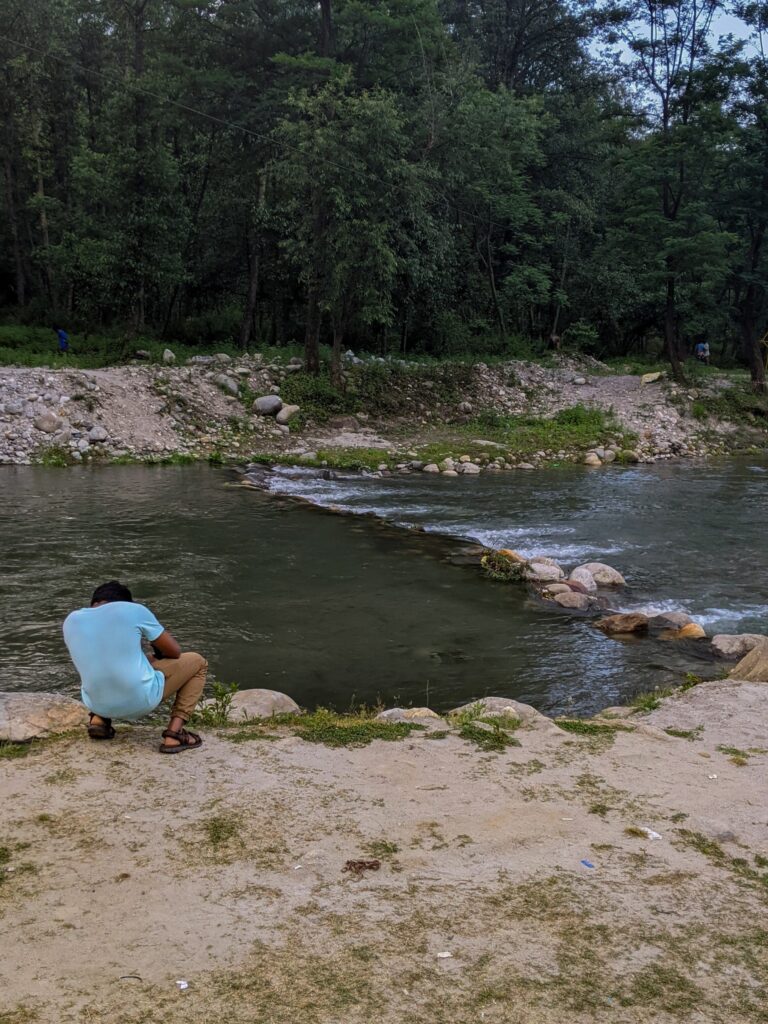
10 profound ways to get over depression
Getting over depression is a challenging process that requires time, effort, and professional support. Depression is a mental health condition characterized by persistent feelings of sadness, loss of interest or pleasure, changes in appetite or sleep patterns, fatigue, difficulty concentrating, and sometimes thoughts of self-harm or suicide.
It’s important to recognize that depression is a real illness that can affect anyone, regardless of age, gender, or background. Overcoming depression involves taking proactive steps to improve one’s mental and emotional well-being.
For the TLOW backpacking experience click on this link
The first step in getting over depression is to seek professional help. A mental health professional, such as a psychiatrist or therapist, can provide an accurate diagnosis and create a customized treatment plan. This may include a combination of therapy, medication, lifestyle changes, and support from loved ones.

Therapy, such as cognitive-behavioral therapy (CBT), is often used to help individuals identify negative thought patterns and develop coping strategies. It provides a safe space to express emotions, gain insights into the underlying causes of depression, and learn healthy ways to manage stress and challenges.
Table of Contents
Medication, such as antidepressants, may be prescribed to help balance brain chemicals and alleviate symptoms of depression. It’s important to work closely with a healthcare professional to find the right medication and dosage for each individual.
In addition to professional help, there are several self-help strategies that can assist in the recovery process. These may include maintaining a healthy lifestyle, such as getting regular exercise, eating a balanced diet, and getting enough sleep. Engaging in activities that bring joy and practicing relaxation techniques, such as deep breathing or meditation, can also be beneficial.
1. Seek professional help:
Reach out to a therapist or counselor who specializes in treating depression. They can provide guidance, support, and effective treatment options.
2. Build a supportive network:
Surround yourself with supportive and understanding friends and family members who can provide emotional support during difficult times.

3. Practice self-care:
Take care of your physical and mental well-being by engaging in activities you enjoy, eating nutritious meals, exercising regularly, and getting enough sleep.
4. Set achievable goals:
Start small by setting realistic goals for yourself and focus on achieving them one step at a time. Accomplishing even small tasks can give you a sense of accomplishment and boost your mood.
5. Challenge negative depression thoughts:
Identify and challenge negative thoughts and replace them with more positive and realistic ones. Cognitive-behavioral therapy (CBT) can be helpful in changing negative thinking patterns.
6. Engage in pleasurable activities:
Make time for activities that bring you joy and make you feel good, whether it’s painting, listening to music, reading, or spending time in nature.
7. Practice mindfulness techniques:
Engage in mindfulness exercises, such as deep breathing, meditation, or yoga, to help reduce stress and increase self-awareness.
8. Avoid isolation:
Connect with others by joining support groups, participating in social activities, or volunteering. Isolation can worsen depressive symptoms, so staying connected is important.
9. Limit stress:
Identify and manage sources of stress in your life. Developing healthy coping mechanisms, such as practicing relaxation techniques or seeking professional help, can help reduce stress levels.
10. Seek medication if necessary:
In some cases, medication may be necessary to treat depression. Consult with a psychiatrist to explore the option of antidepressant medication and follow their guidance closely.
Building a strong support system is crucial when dealing with depression. Opening up to trusted friends or family members about what you’re going through can provide much-needed emotional support. Participating in support groups or seeking the help of a counselor can also connect you with others who understand your experiences.
It’s important to remember that overcoming depression takes time and there may be ups and downs along the way. Patience, self-compassion, and perseverance are key. Celebrating small victories and acknowledging progress, no matter how small, can also help boost motivation and confidence.
In conclusion, overcoming depression is a journey that requires professional help, self-care strategies, and a strong support system. With the right resources and support, it is possible to manage and overcome depression, leading to a healthier and happier life.











